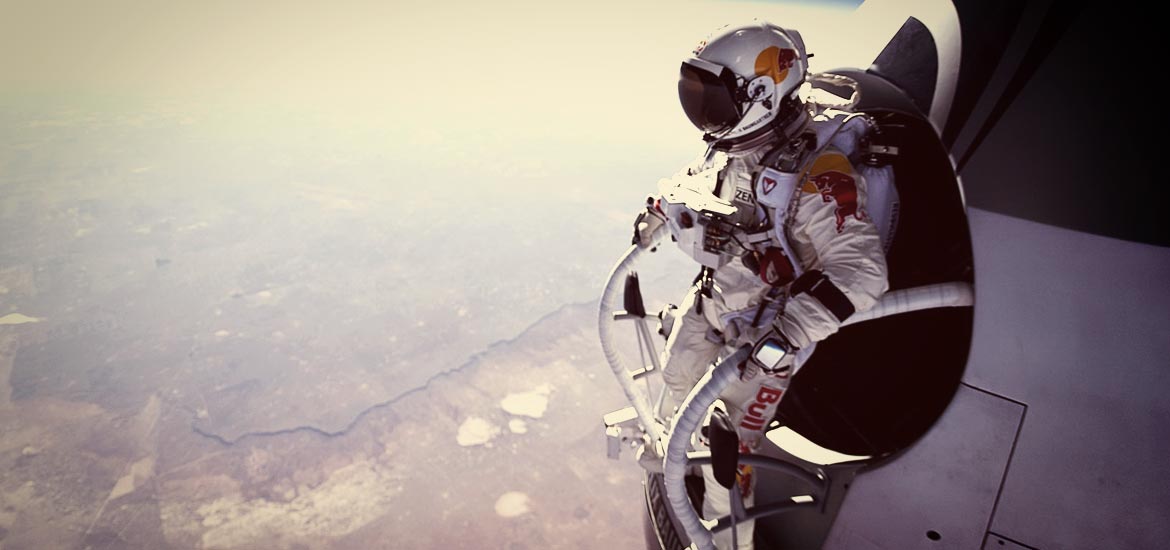Editors Note: This article was originally written by Brett Mckay founder of Art of Manliness and is used with both gratitude and permission.

[L]ife shrinks or expands in proportion to one’s courage.
-Anais Nin
Courage is a virtue that philosophers have been trying to define for millennia. In the Laches, Socrates engages in a heated dialogue with two Athenian generals about the definition of courage. But like most of Socrates’ dialogues, we learn what the virtue of courage is not, as opposed to what it is. Aristotle, in his Eudemian Ethics, establishes what I think is a good working definition of courage. Courage, according to Aristotle, is the mean between fear and recklessness. Cowards are debilitated by excessive fear, especially of things that shouldn’t be feared. Reckless men take unnecessary risks with excessive confidence in the face of danger. The courageous man, however, strikes a balance between irrational fear and foolhardy recklessness. The courageous man fears that which should be feared, but he endures his fear with confidence for the right reason. That right reason, according to Aristotle, is for the sake of honor and nobility.
So our working definition of courage is recognizing rational fears, but acting nobly despite this fear in order to maintain manly honor. And while that is a good definition of courage, I’m still not pleased with it. It fails to capture an ethos that courageous men display. I see people every day who recognize and face fear, but I wouldn’t necessarily call them courageous. For me, at least, courage is something that I know when I see. When I see courage in action, I’m inspired to dare for noble causes. Courageous men stir my soul to endure, even when I’m surrounded by defeat and cynicism.
[/col_4] [col_4]Every man hopes to have the courage to endure the great trials and tests that he will meet in life. But before a man can take on the big challenges, he must hone his courage in the small decisions he makes every day. Courage is like a muscle; it can be strengthened and developed through consistent training. Below we discuss the different types of courage every man should seek to embody and how to develop a manly and courageous heart.
Definition of Physical Courage
Physical courage is the type of courage that often comes to mind when we think about this virtue. Stories of brave soldiers charging up a hill amid whizzing bullets consume our boyish imaginations. We are inspired and humbled by the stories of brave firemen and police officers rushing into the burning towers on 9/11 to rescue helpless victims. We all hope that when called upon to face a crisis, we too will be willing to risk our physical safety to save our own life and the lives of others.
How to Develop Physical Courage
Obviously, you cannot schedule circumstances in which you must show forth your physical courage. But you can prepare yourself before such an event occurs. Even if you have a courageous heart, if you can’t walk up the stairs without getting winded, then you’re not going to be up to the task when duty calls. So get yourself in the best possible physical shape. Can you pull yourself up a ledge? Swim a mile? Sprint for several minutes at a time?
[/col_4] [col_4] [Y]et a strong body is not sufficient if you wish to develop physical courage. Here I’d like to quote Hallock, one of the men who frequents the AoM forum:“You can prepare yourself as much as possible for such circumstances where you are in desperation, but when push comes to shove most people’s minds will break before their body does. The mind plays a much larger role in the physicality of survival than aesthetic quality of the body or numeric prowess of weight.”
Thus to develop physical courage, you must also learn to discipline and train your mind. Men who have seen combat or who have worked in dangerous environments will tell you that the way they overcome fear is to rely on their training. These men spend months or sometimes years training to face dangerous situations. The goal of these trainings is to make their responses automatic. They don’t have to think too much about what to do because it’s already built into the circuity of their body and minds. Moreover, training develops the willpower they need to face the challenge.
Even if you’re not in a profession in which you are required to train for dangerous situations, you can still prepare yourself for physical challenges. Become proficient in a martial art. Learn how to confidently perform first aid and CPR. Make physical exercise a regular part of your routine; pushing yourself though the pain of intense workouts is an excellent way to build self-discipline. And training need not be situation specific; any challenge that pushes you beyond your comfort zone and makes you face pain, discomfort, and fear head on will build your physical courage.
Check back tomorrow for Pt. 2 on how to develop Intellectual Courage
[/col_4] [/row]